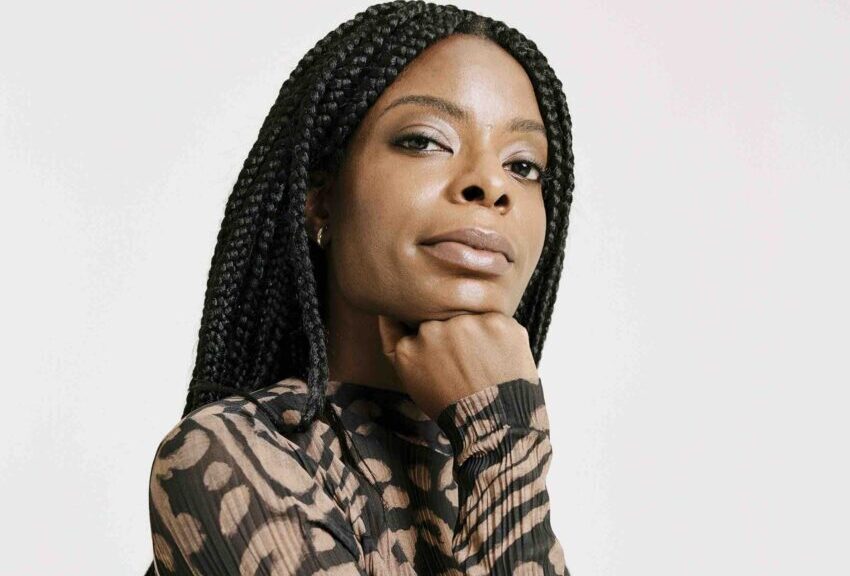OTEGHA UWAGBA had been considering writing a work about race for years. But the death of George Floyd, and white people’s response to it – was the straw that broke the camel’s back.
“I found that white people responded in lots of surprising ways,” she explains to me.
“Suddenly, it felt like everything I’d wanted to say about race and racism should really be said right now.”
One of the things that felt most important to get off her chest was her disappointment with white allyship. Though she now accepts that it’s necessary, she admits she’d never really questioned it before.
“I felt an instinctive discomfort with the social media posting, conversations and grand statements.”
When Uwagba leaned further into that feeling, she realised that her discomfort was because, despite good intentions, white people were still choosing the easier options.
She explains: “Posting on social media or buying books or patronising Black-owned businesses. These are things that both make you feel good and also make you look good if you’re doing them publicly.
“They’re not really going to dismantle racism or fundamentally redistribute resources.”
For Uwagba, white people who really want to be allies would turn down the privileges that their race affords them.
To her, it felt that many of them were just not prepared to go that far.
It’s a feeling many Black people will share. But it’s not an easy thing to bring up in conversation with well-meaning white colleagues, family or friends.
“I’m quite lucky in the sense that I have a platform and can write something like Whites,” Uwagba admits.
At times, she has pulled people up on their behaviour. But now her book serves as a helpful “blanket statement”. It means everyone knows where she stands.
The frank honesty in the book is important. There will be those who really want to dismantle structural racism. And for Uwagba, it’s important that they know what’s required.
“I don’t think it’s helping anyone to mollycoddle white people and sugarcoat the truth.”
The other thing that Uwagba doesn’t think is helpful is trauma porn.
“I don’t want Black people to read my book and feel triggered.
“You don’t have to say every terrible, awful thing. I didn’t want to put every negative experience I’d had out there for white people to gawp at.”
As she weaved her work together, she was sure to honour her own personal boundaries. If she didn’t feel comfortable with people knowing, she didn’t share. Her social media filter settings are also fairly watertight, she tells me.
Otegha is clear. She wanted our community to feel vindicated while reading Whites, not traumatised or othered.
2020 was certainly the year for this work. But will it also be a year we look back on as a turning point?
Uwagba reflects carefully before responding to the question
“I don’t share the kind of blind optimism that I think a lot of people had.
“But I think it’s undeniable that certain lines in the sand have been drawn.”
Let’s hope so.
Whites is available at all good bookstores.


Comments Form